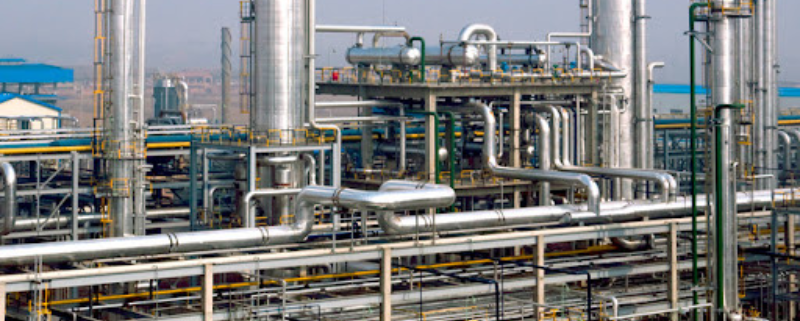Oil Production & Processing Facilities

Introduction
Training course introducion / brief
This course is designed to ensure awareness and effective understanding of various phases of production operation fundamentals throughout understanding the functions of various oil field components, well to processing facilities.
The course also addresses and emphasizes the fundamental understanding of wide range of oilfield production handling and treatment equipment not only “what” but “how” the field fluid treating equipment works.
The major objective of this course is to improve communication amongst the technical disciplines across organizations in order to enhance operational and cross functional work performance, promote cooperation and team work spirit amongst the teams across various organizations, optimize cost and improve production economics. This can be the operator's best insurance to achieve successful safe and cost effective operations.
Course Objectives
At the end of the training course, participants will be able to
- Understand surface facilities components from well to production station
- Familiarize with the principles of Oil & Gas Separation
- Familiarize with the principles of Oil & Gas Dehydration
- Familiarize with the principles of Fractionation & Operations
- Familiarize with the principles of Refrigeration Operations
- Understand and identify the Operating problems
- Familiarize with the Pipeline Operations & Maintenance, Problems & Troubleshooting.
- Familiarize with the pipeline Pigging Operations
- Familiarize with types of Storage tanks, associated hazards & Safety
- Familiarize with various equipment and tools and its function.
